Wuchang: Fallen Feathers arrives at a time when the Souls-like genre is both crowded and celebrated. Since FromSoftware’s landmark titles redefined challenging action RPGs, many studios have tried to emulate the formula. The results have varied, with some games feeling like pale imitations and others managing to carve out their own identity.
Leenzee Games, a young Chinese developer, has thrown their hat in the ring with Wuchang: Fallen Feathers, a debut project that draws heavily from the early Souls games but also weaves in Chinese mythology and history. After spending a significant amount of time playing the PC version, I found that Wuchang offers more than just familiar mechanics. It has its own atmosphere, unique systems, and enough polish to recommend it to fans of the genre.
Platforms tested: PC (Steam)
Setting and Story
Wuchang: Fallen Feathers is set during the Ming Dynasty, a period rich in cultural heritage and political turmoil. The game’s narrative blends history with dark fantasy and mythology, crafting a world that feels both grounded and mysterious. The story follows the protagonist, a young woman named Wuchang, who awakens before a large Buddha statue with no memory of who she is or how she got there. This amnesia, however, is only the beginning of her troubles. She is afflicted by a strange curse called the “feathered disease,” which slowly robs those infected of their memories and sanity, eventually turning them into grotesque monsters.
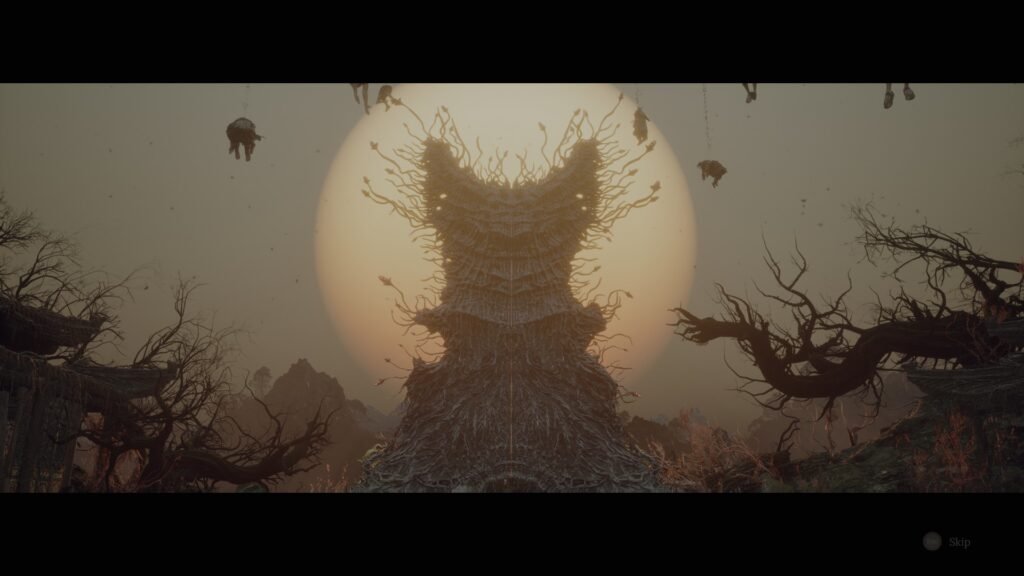
The plot itself is straightforward but compelling enough to keep players engaged. The quest to find a cure for the disease and unravel the mysteries of the world provides motivation to keep moving forward. Unlike many Souls-like games that bury their stories in cryptic item descriptions and obscure environmental hints, Wuchang uses short dialogues and cutscenes to deliver much of its narrative. This makes the story easier to follow for those who prefer direct storytelling, while still leaving room for players who enjoy piecing together lore through exploration and item analysis.
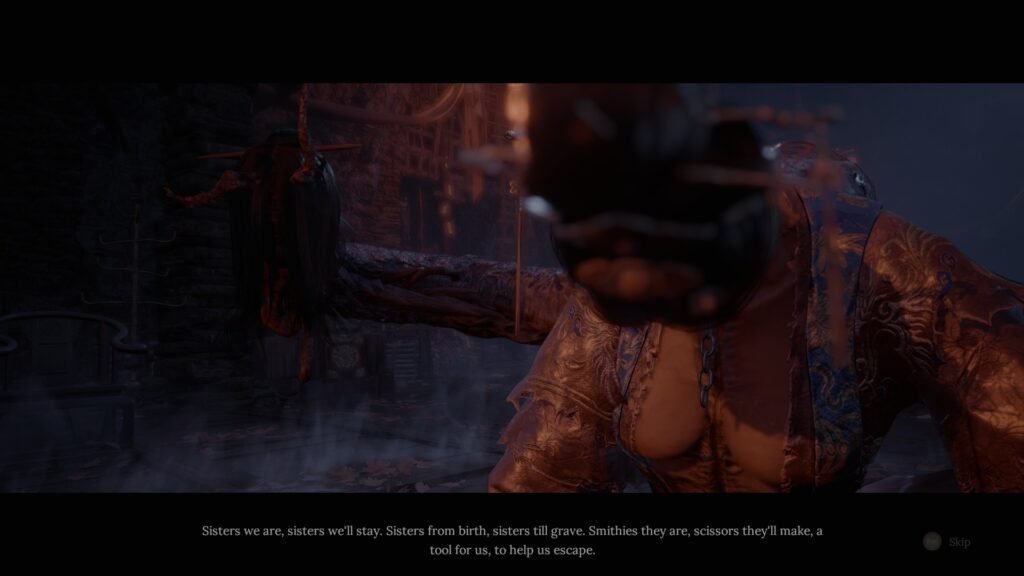
What stands out here is the way the game introduces players to Chinese mythology. The feathered disease, the presence of Buddhist symbolism, and the interplay between the spiritual and physical worlds are all rooted in Chinese culture. This cultural backdrop is refreshing in a genre often dominated by Western medieval fantasy tropes. For players interested in mythology and folklore beyond the usual European-inspired settings, Wuchang offers a rich tapestry to explore.
Gameplay and Combat Systems
At its core, Wuchang: Fallen Feathers uses many of the staples familiar to Souls fans. The player collects “souls” as currency to level up and improve their character, heals with replenishable flasks, rests at temples that function similarly to bonfires, and faces punishing consequences on death. The combat is methodical and demanding, rewarding timing, precision, and patience.
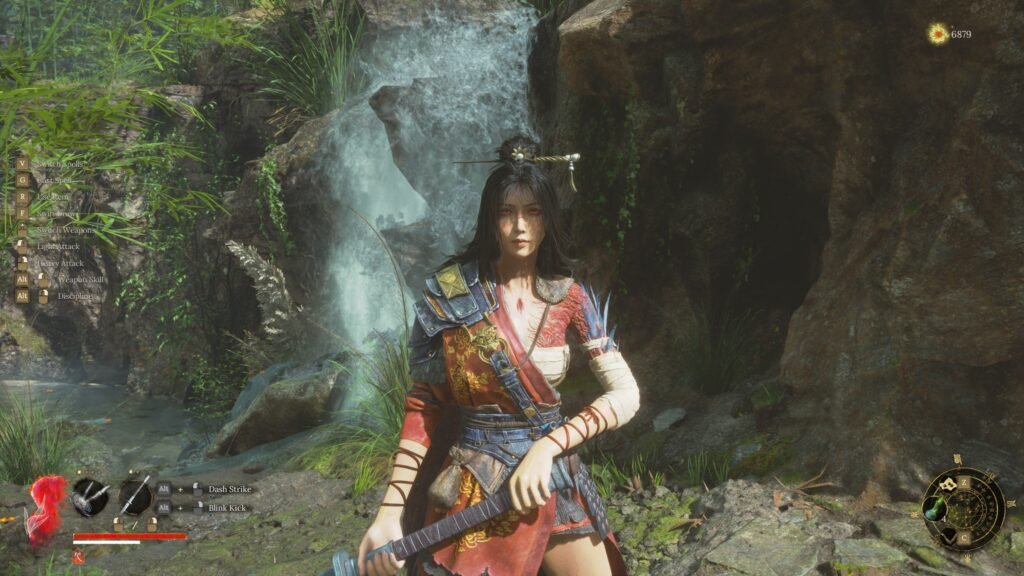
However, the game also introduces a few notable twists that set it apart. Rather than leveling up by directly increasing stats like strength or dexterity, Wuchang employs a deep and extensive skill tree. This system resembles the sphere grid from Final Fantasy X, featuring six different branches. One branch handles general improvements—such as increasing flask effectiveness, magic power, and tempering weapons—while the other five specialize in weapon types: heavy weapons like axes and maces, long swords, short swords, dual blades, and spears.
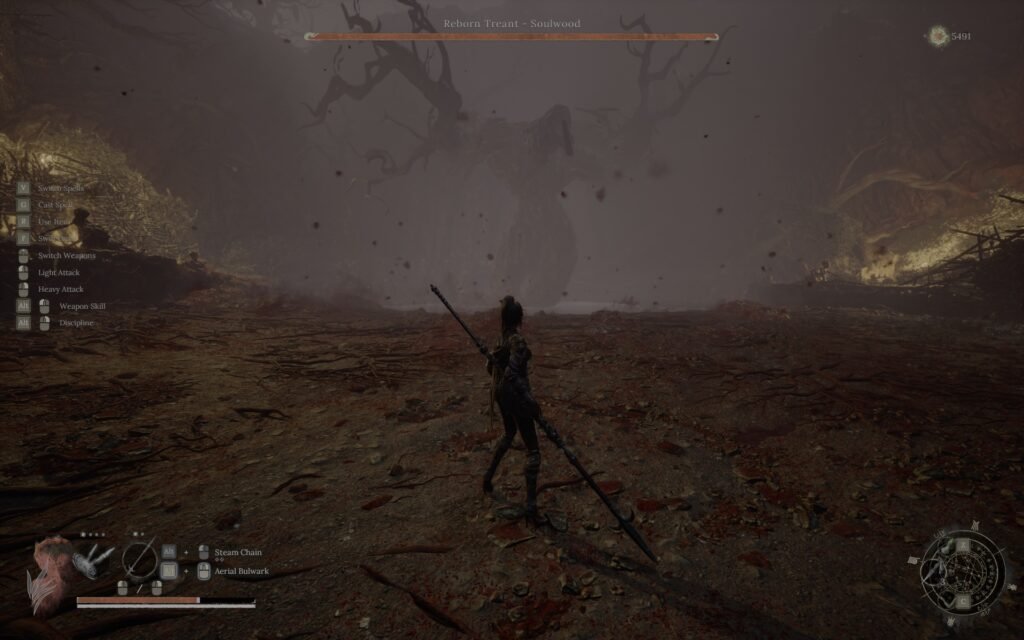
Players can invest skill points across these branches, unlocking not just stat boosts but unique abilities, weapon modifications, and active skills. The size and complexity of the skill tree make it impossible to fully master on a single playthrough, encouraging experimentation. Importantly, players can reset their skill points at any time without penalty, allowing them to tailor their builds freely based on playstyle or upcoming challenges.
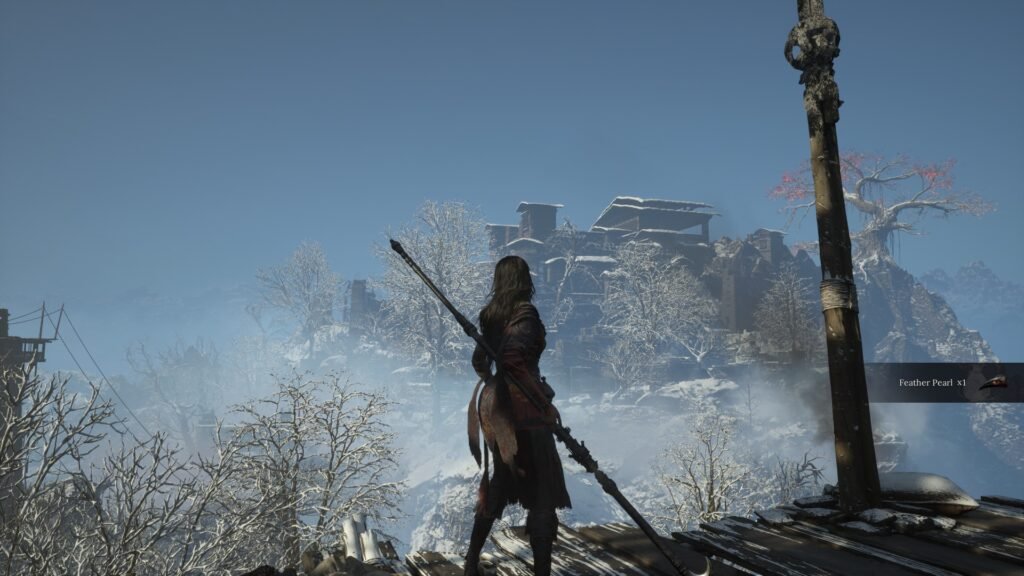
Combat itself is a highlight. Each weapon type feels distinct, offering different movesets, combos, and mechanics. Twin blades, for example, have a “collision” system where timing your attack to hit an enemy as they strike reduces damage taken and keeps your attack combo going. This mechanic is nuanced and requires skill to exploit effectively. One-handed swords lean heavily on magic enhancements, encouraging a more balanced approach, while long swords emphasize parrying and quick-stun techniques. Heavy weapons pack powerful blows but often come with slower speed, demanding precise timing and positioning.
In addition to light and heavy attacks, Wuchang introduces two active skills per character—one fixed to the equipped weapon and one selected manually. These abilities consume a resource called “heavenly power,” which is replenished by successfully dodging enemy attacks. This encourages an aggressive, acrobatic style of combat where dodging isn’t just defensive but integral to offense. Many spells and skills integrate fluidly into combos, creating a satisfying rhythm in battles.
The Feathered Disease and Madness Mechanic
One of Wuchang’s most original features is how it incorporates the feathered disease into gameplay through a “madness” system. Every time Wuchang dies or kills human enemies, her madness meter rises. This meter affects combat: the higher the madness, the more damage Wuchang deals, but also the more damage she takes. It creates a risk-reward dynamic that forces players to carefully manage their aggression.
If madness reaches its maximum and the player dies, a demon version of Wuchang appears at the spot of death. This demon attacks all nearby enemies and allies, creating chaos. The only way to remove this threat and reclaim lost currency is to defeat this demon. This mechanic adds tension to deaths, transforming them from simple setbacks into dangerous events that can complicate the surrounding environment.
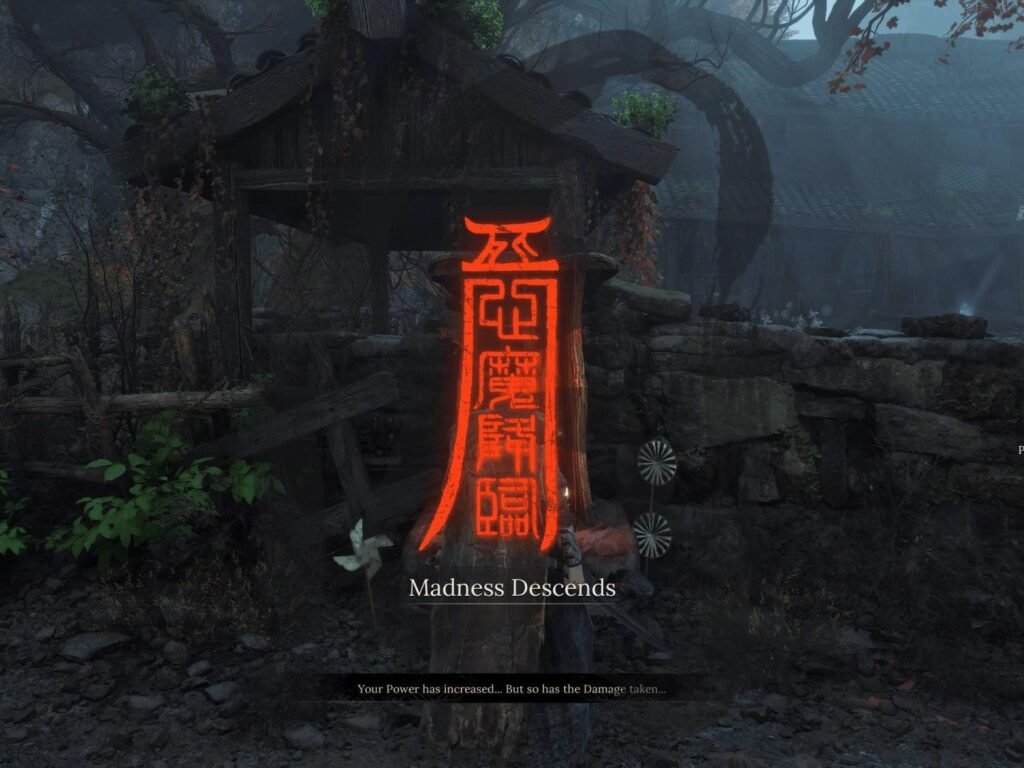
Madness can be reduced through a few methods: defeating bosses, killing certain infected enemies, praying at temples, or using rare consumables. This system adds depth and challenge, making each encounter more meaningful. It also thematically ties into the narrative of the feathered disease and Wuchang’s struggle to maintain her sanity.
Level Design and World Building
One area where Wuchang shines is its level design. The game’s world is a carefully crafted network of interconnected areas that, despite some linear corridors, rarely feel restrictive. The sense of exploration is strong, with shortcuts, hidden paths, and secret areas tucked away in clever spots. This design echoes the best aspects of FromSoftware’s levels, where the world feels like a living, breathing entity rather than a series of isolated stages.
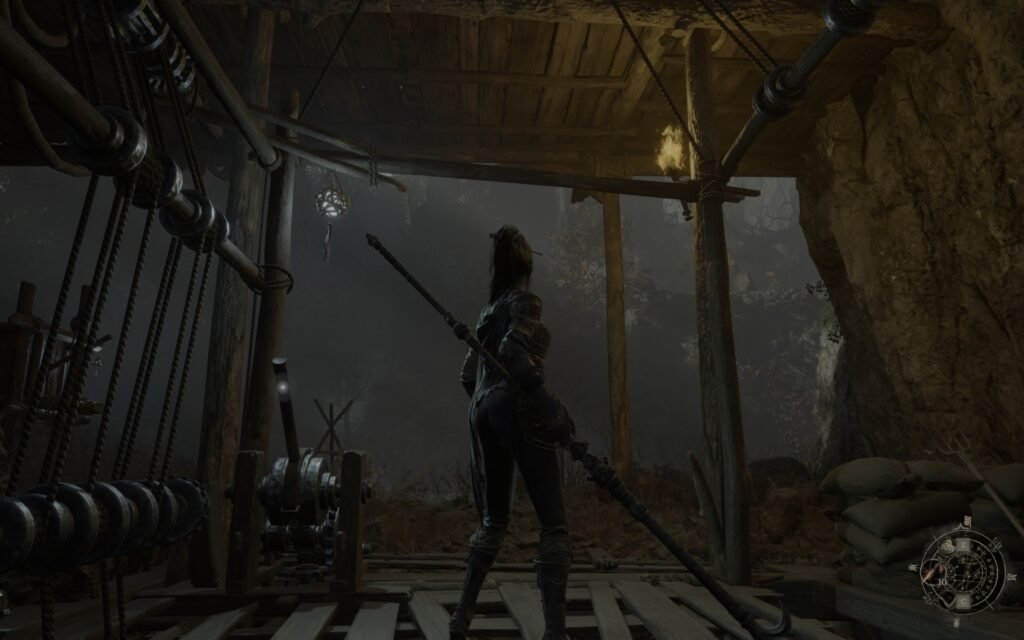
Leenzee Games’ level designers deserve credit for creating a layout that allows players to approach locations in different orders and occasionally revisit areas earlier than expected, giving a sense of freedom and non-linearity. The transitions between regions are subtle and seamless, avoiding forced guidance and allowing players to discover their own path.
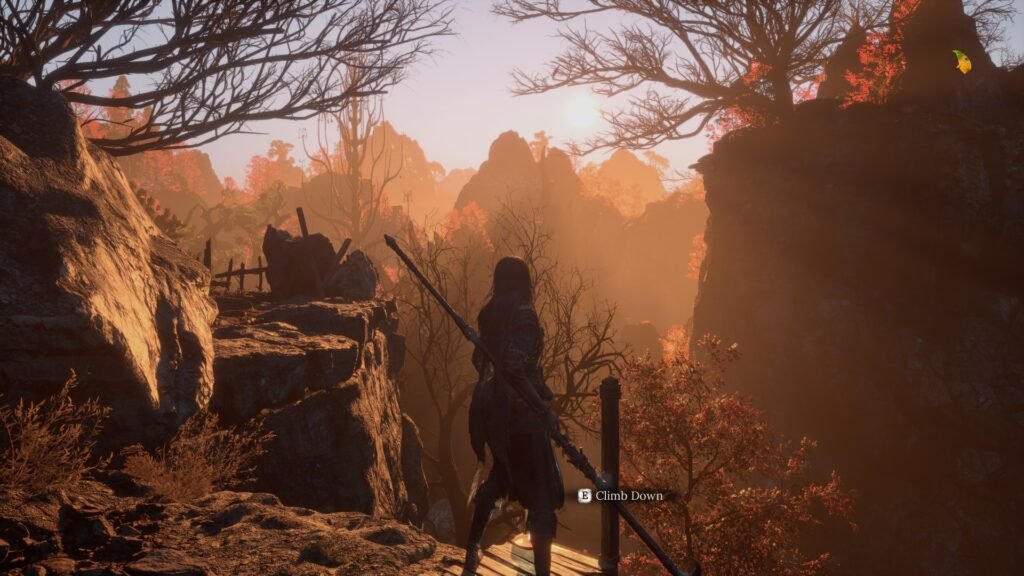
Visually, Wuchang relies more on art direction than technical prowess to create atmosphere. The game is not pushing the limits of PC hardware, but its stylized environments and attention to detail make up for this. Scenes like mist-covered hills, crumbling temples illuminated by fading sunlight, and eerie ruins evoke a mood of quiet melancholy and creeping dread.
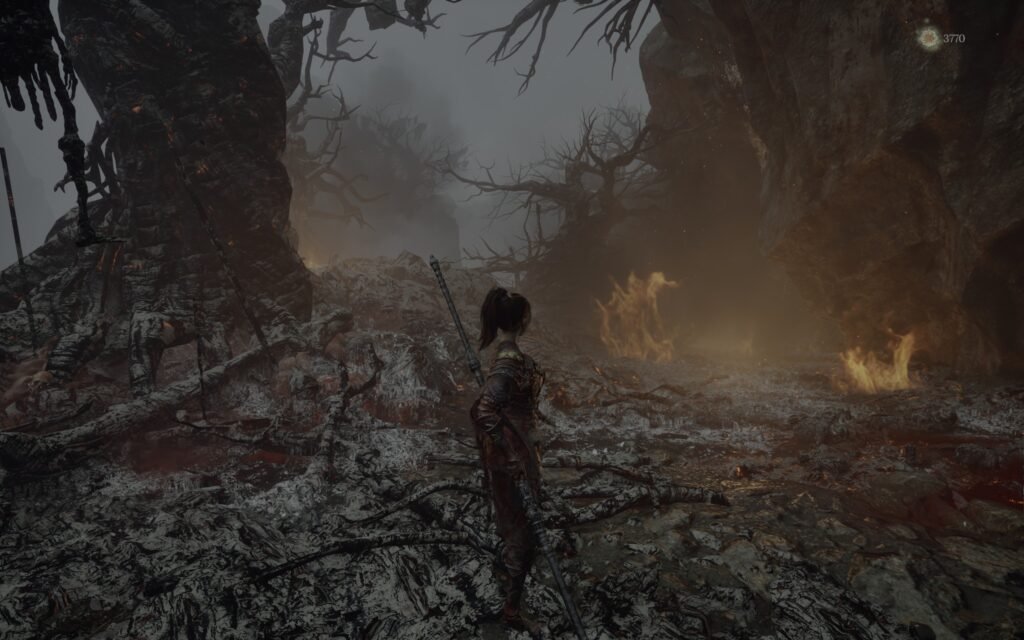
The atmosphere shifts between moments of serene beauty and unsettling horror, maintaining tension throughout. The game can be oppressive, with an ever-present feeling of doom that fits perfectly with its themes of disease and madness. This careful balance between allure and fear is one of Wuchang’s greatest achievements.
Enemies and Boss Battles
Wuchang offers a wide variety of enemies that populate its world, each with distinct behaviors and attack patterns. The enemy designs reflect the setting well, blending human warriors, mythological creatures, and twisted abominations born from the feathered disease. This diversity keeps encounters fresh and prevents the game from feeling repetitive.
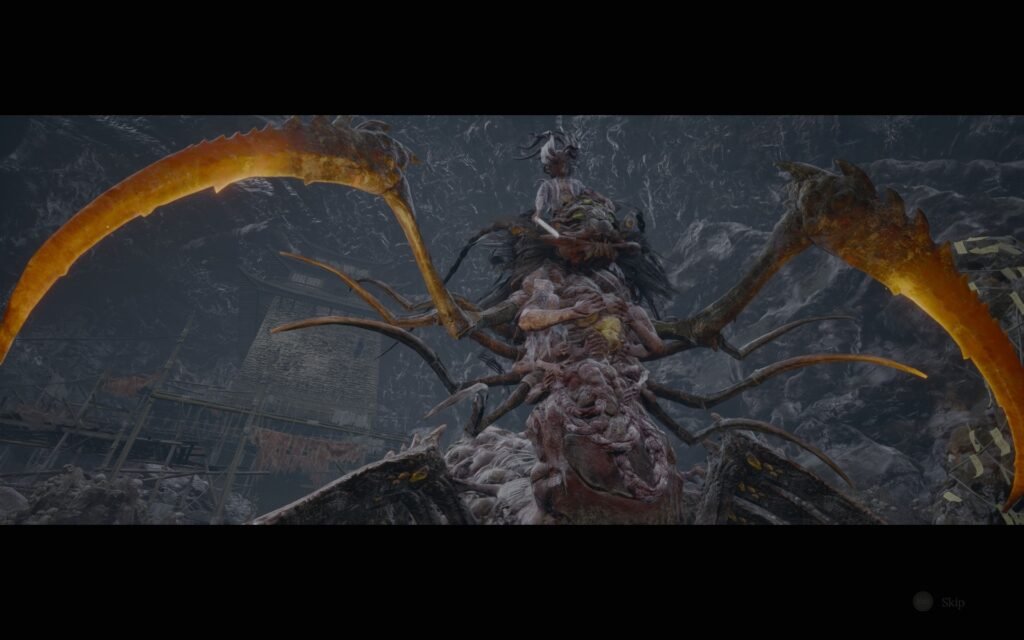
Boss battles are numerous and form a major part of the experience. Over two dozen bosses challenge players, ranging from human opponents to supernatural beasts. Each boss fight feels unique, with different attack styles and phases requiring players to adapt tactics. Bosses are not carbon copies; the game introduces new mechanics and surprises even late into the playthrough.
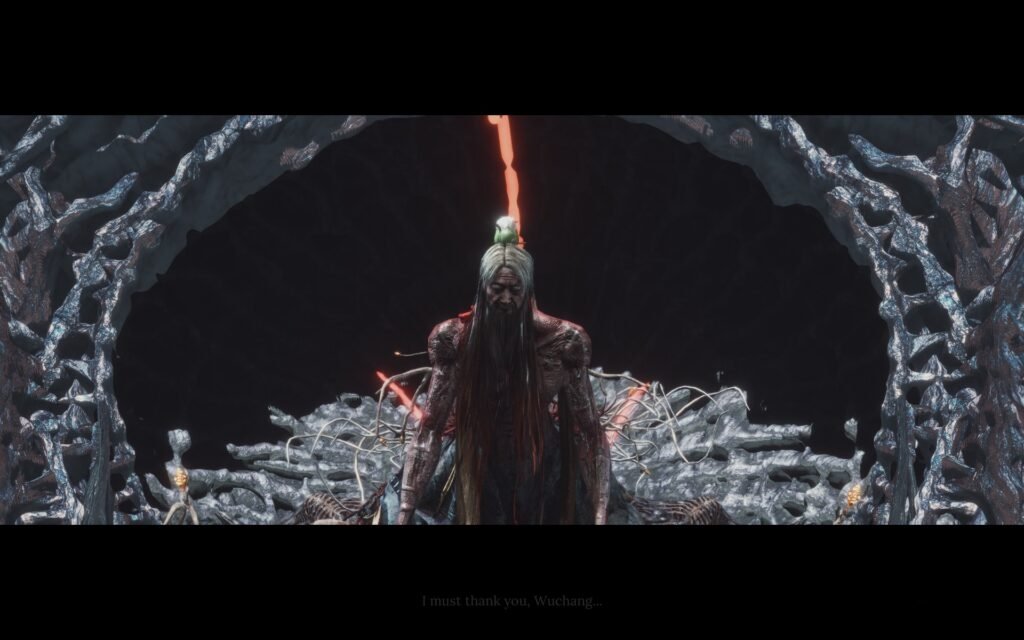
One criticism is that difficulty spikes can be sharp. Some bosses are significantly more challenging than others, sometimes to the point of feeling unfair or too early for the player’s current build. These spikes may lead to frustration, requiring multiple attempts and strategy shifts. However, they are not so frequent as to derail the overall pacing. They serve as moments that stand out and test player skill thoroughly.
Technical Performance and Polish
The PC version of Wuchang: Fallen Feathers runs well overall. The game saw some rough patches at launch, with reports of optimization issues and bugs. However, the developers have been active with patches, and after a few weeks, the performance has stabilized. During my sessions, load times were reasonable, and I encountered no crashes or major graphical glitches.
Controls are responsive, and the interface is clean and intuitive. The game supports remapping keys and adjusting settings, which helps tailor the experience to different players’ preferences.
Audio design supports the atmosphere effectively. The soundtrack uses traditional Chinese instruments mixed with haunting melodies, reinforcing the game’s cultural setting. Sound effects in combat and the environment add immersion, making encounters feel weighty and the world alive.







